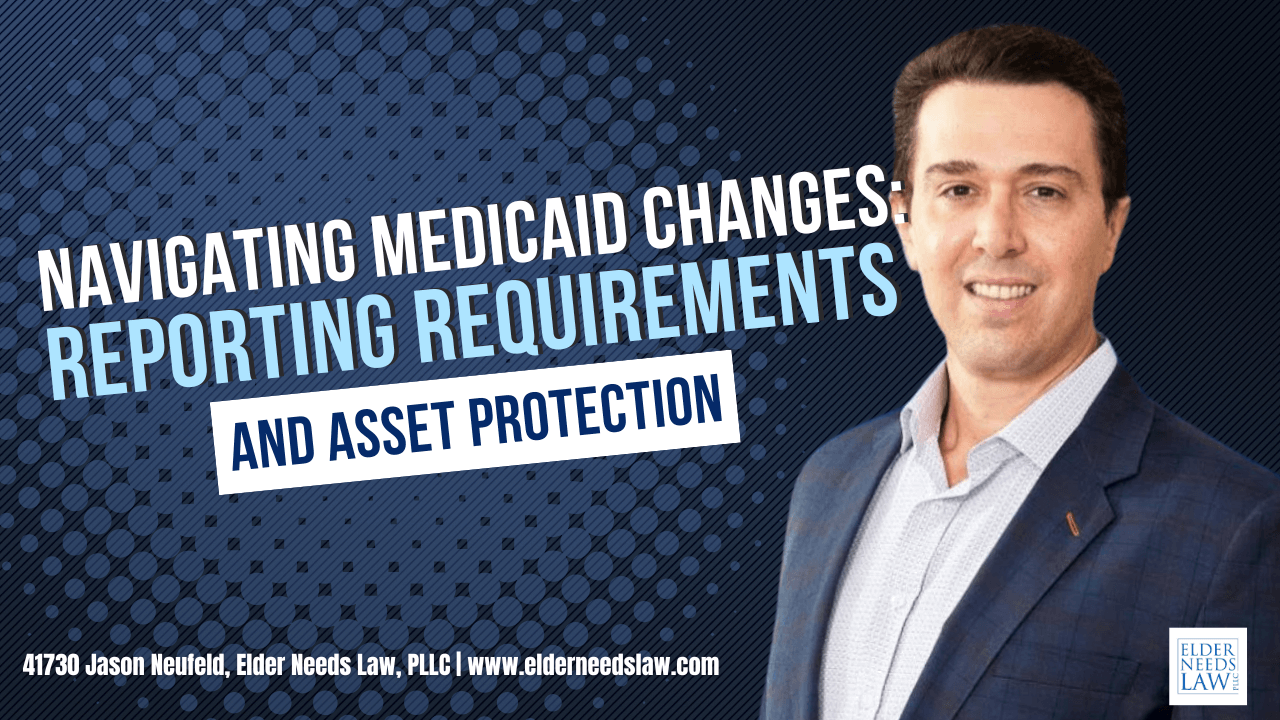Understanding Change in Circumstances for Medicaid and SSI Recipients in Florida

When you're receiving government benefits like Medicaid or SSI in Florida, reporting changes in your life circumstances isn't just important—it's required. These reporting requirements help ensure you maintain your eligibility and avoid potential penalties. Let's break down what you need to know about reporting changes in circumstances in Florida.
What Qualifies as a "Change in Circumstances"?
A change in circumstances includes any significant life event that could affect your eligibility for benefits, such as:
- Getting married or divorced
- Buying or selling property, especially a home
- Receiving an inheritance or windfall
- Changes in income or assets
- Moving to a new address
- Changes in household composition
Different Reporting Requirements for Different Programs
SSI (Supplemental Security Income) Requirements
If you receive SSI benefits, you must report changes to the Social Security Administration within 10 days of the following calendar month after the change occurs.
Example: If you receive an inheritance on January 2nd, you have until February 10th to report this change.
SSI eligibility requires that your assets be at or below $2,000 on the first day of every calendar month.
Florida Medicaid Requirements (Waiver or ICP Programs)
For Florida Medicaid programs like the Medicaid Waiver or Institutional Care Program (ICP), you must report changes to the Department of Children and Families (DCF) within 10 days from the date the change occurs.
For Medicaid eligibility in Florida, you must have assets at or below $2,000 for at least one day during each calendar month.
Planning Ahead is Critical
The timing of these reporting requirements creates opportunities for planning. If you know you'll receive funds that might affect your eligibility, working with an elder law attorney beforehand can help you:
- Time transactions strategically
- Create a plan to maintain eligibility
- Ensure proper and timely reporting
- Protect your assets legally and ethically
What Happens if You're Late Reporting?
While reporting within the required timeframes is important, Florida DCF has historically been reasonable when recipients are slightly delayed in reporting changes—typically up to 30-45 days—as long as you maintained actual eligibility during that period and didn't violate any gifting rules.
However, this leniency isn't guaranteed, so timely reporting should always be your goal.
Get Professional Help Before Changes Occur
If you anticipate receiving an inheritance, selling property, or experiencing other significant financial changes, consulting with a Florida elder law attorney before these events occur can help you maintain your benefits while protecting your assets.
Need Guidance with Medicaid Planning in Florida?
Free Resources:
- Visit our website: elderneedslaw.com
- Learn more about Medicaid planning: medicaidplanninglawyer.com
- Read our book: "Medicaid to pay for some of your long-term care expenses"
Don't wait until after a change occurs to start planning. Contact Elder Needs Law today to schedule a consultation and protect your eligibility and assets legally.







